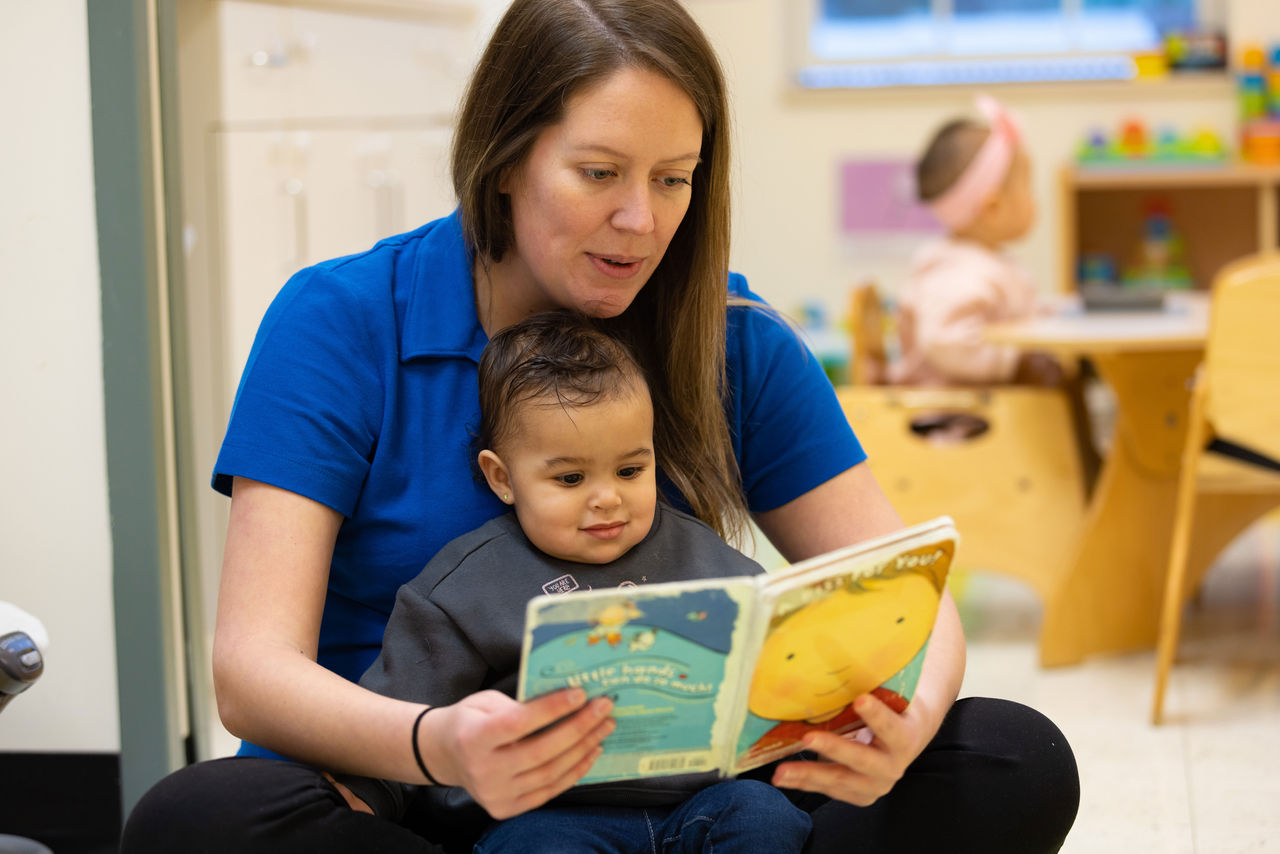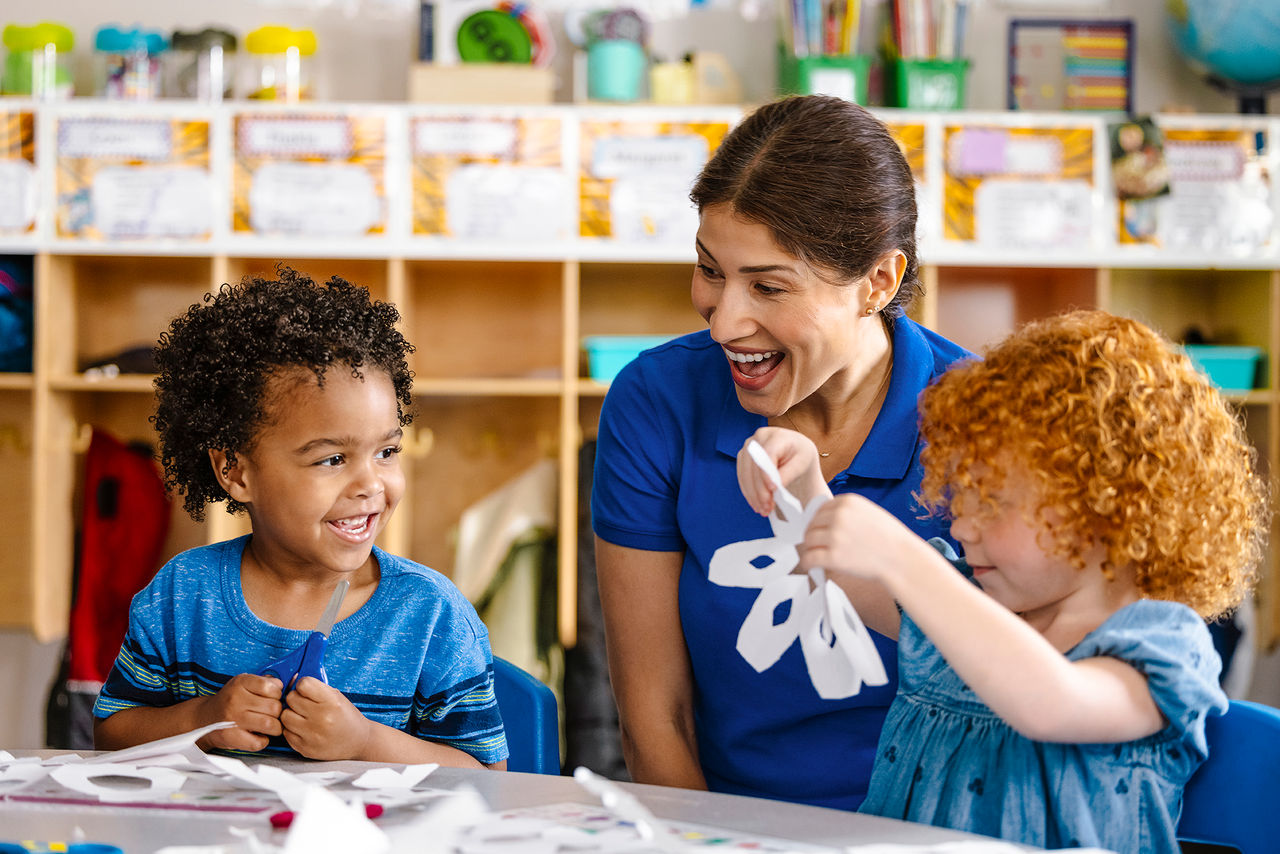Three-quarters of middle-class parents read to their preschool children at least five days a week. To many, it’s as important and routine as personal hygiene. Yet many parents need encouragement to keep at it because their children don’t always seem tuned in to the activity. Regular reading leads to higher reading — and eventually writing — achievement, and it creates positive attitudes about reading as an activity and as a motivator in learning to read. However, a parent reading to you is not the same as a parent reading with you. Shared reading (sometimes called lap reading), where the parent and child engage together in a conversation about how to understand and mutually enjoy what is on the printed page. It starts with joint attention to illustrations and leads straight to phonemic awareness of what is in print.
Here are my favorite reasons to read with your child every day:
Literacy promotion. From tactile books to first chapter books, parents can edit and customize the text to fit the child’s interest, mood and curiosity about what is on the page. That is how they support the child’s innate interest in the printed symbols we use to capture meaning and intent in our written communication.
Focused social interaction. As your child sits on your lap, you can feel your little one settle, become alert, get bored, get back up and lean in, which is all part of the reciprocal conversation you have in the moment. This serve-and-return learning is a growing brain’s favorite because being connected emotionally and synaptically allows parents to use that information to tune in precisely to what interests your child on the page.
Intimacy. The physical and emotional closeness of shared reading and attention lowers levels of stress hormones (especially in the grown-up) and settles down both generations. Try to name a healthier moment of a parent’s day.
Entertainment. The delight that comes with the turn of the page, the echoing of an intentional sound, the desire to repeat a particular page, the search for a favorite illustration or the closing of the book with a slap (our son’s favorite) all guarantee shared enjoyment for a few moments of every day.
Stimulating cognitive growth. In those first thousand days, the brain grows faster than it ever will again, and regular, manageable intellectual stimulation encourages the growth of connections between the parts of the brain responsible for memory, emotion, problem-solving, thinking and behavior regulation. Shared reading reaches across each of these growth centers, connecting them for good




